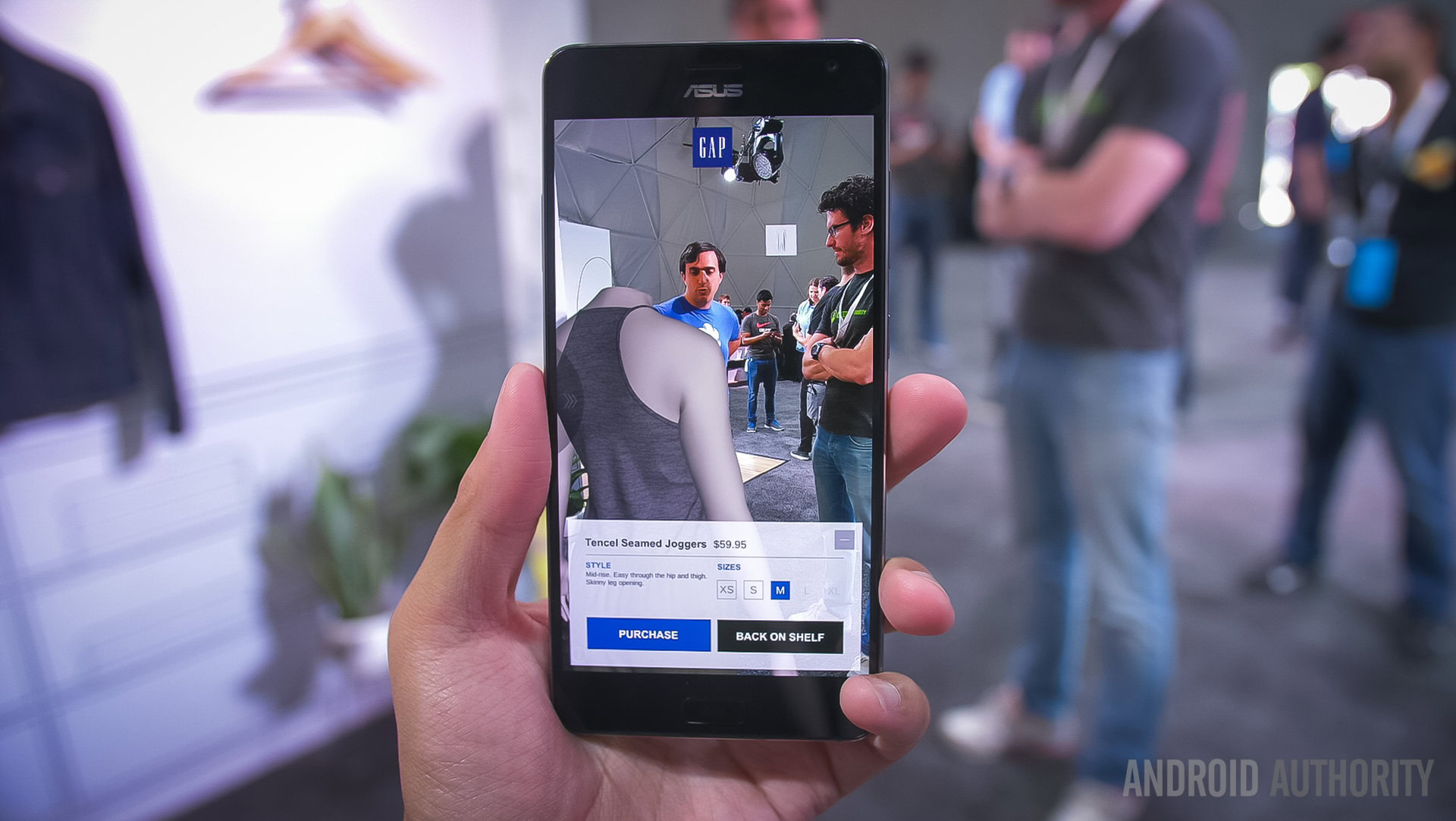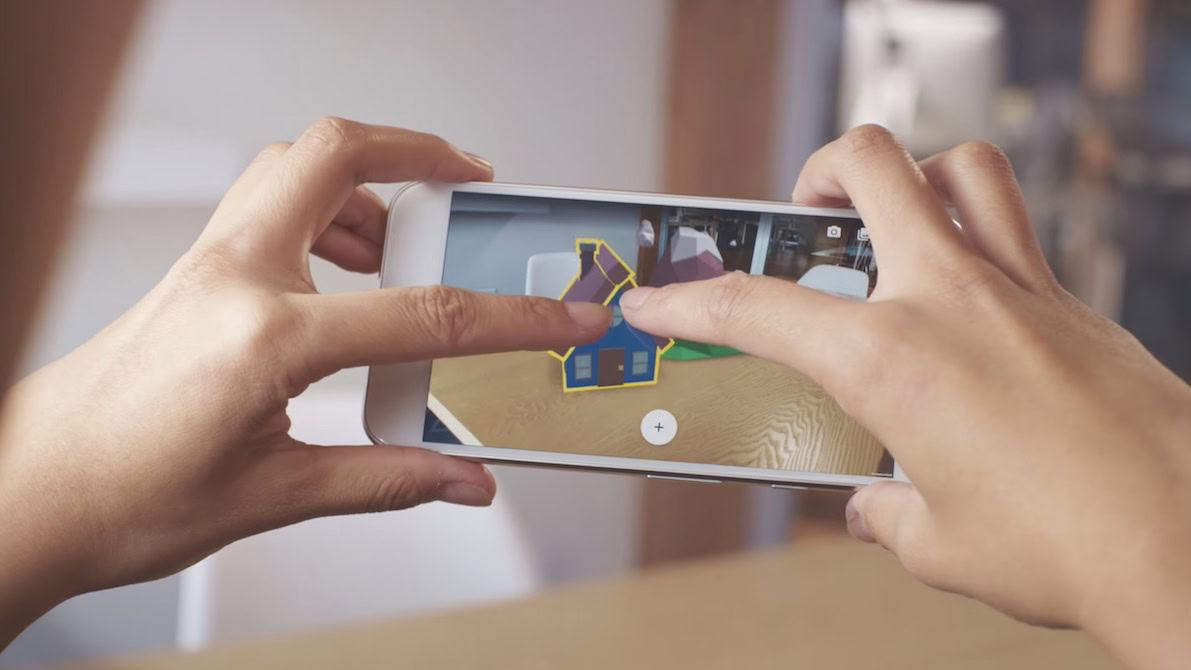Affiliate links on Android Authority may earn us a commission. Learn more.
Google announces Tango will shut down on March 1

As Google and others push further into the world of augmented and virtual reality, the search giant is shuttering its original AR project. Tango, originally Project Tango, came out in 2014 and made use of special sensors and cameras on devices to display virtual objects. ATAP, Google’s advanced technology and projects lab, developed Tango but it was soon succeeded by ARCore.
With ARCore now making quick progress, there’s no reason to keep it around. Google announced today that it will end the project on March 1, 2018.
We’re turning down support for Tango on March 1, 2018. Thank you to our incredible community of developers who made such progress with Tango over the last three years. We look forward to continuing the journey with you on ARCore. https://t.co/aYiSUkgyie— Tango (@projecttango) December 15, 2017
When Tango debuted, it was exciting. It utilizes cameras and IR sensors to track and place objects, and was one of the first mobile options to do so. But, Tango was plagued with speed and accuracy issues. Additionally, the phones that supported it were pricey due to the required hardware.
Even after the writing was on the walls, Tango-enabled phones like the ASUS ZenFone AR hit the market. Unfortunately, the selection of apps stayed thin. There are some cool games, but many have tracking issues. The most popular apps always seemed to be fashion or home improvement related.

Google will now focus on ARCore. Even though ARCore can’t see in 3D, it works with the hardware already on phones. No special sensors or cameras are needed to make use of the software. Machine learning is used to accomplish the same tracking that Tango required hardware for, which gives ARCore a leg up. Google has made so much progress on ARCore that its already deploying some special AR apps, like the camera stickers on Pixel devices we told you about earlier this week.
As of right now, ARCore only works on Pixel devices and the Samsung Galaxy S8 and Galaxy S8 Plus. But, that will soon change. Google already has a host of other companies on board like LG, HUAWEI, ASUS and more.